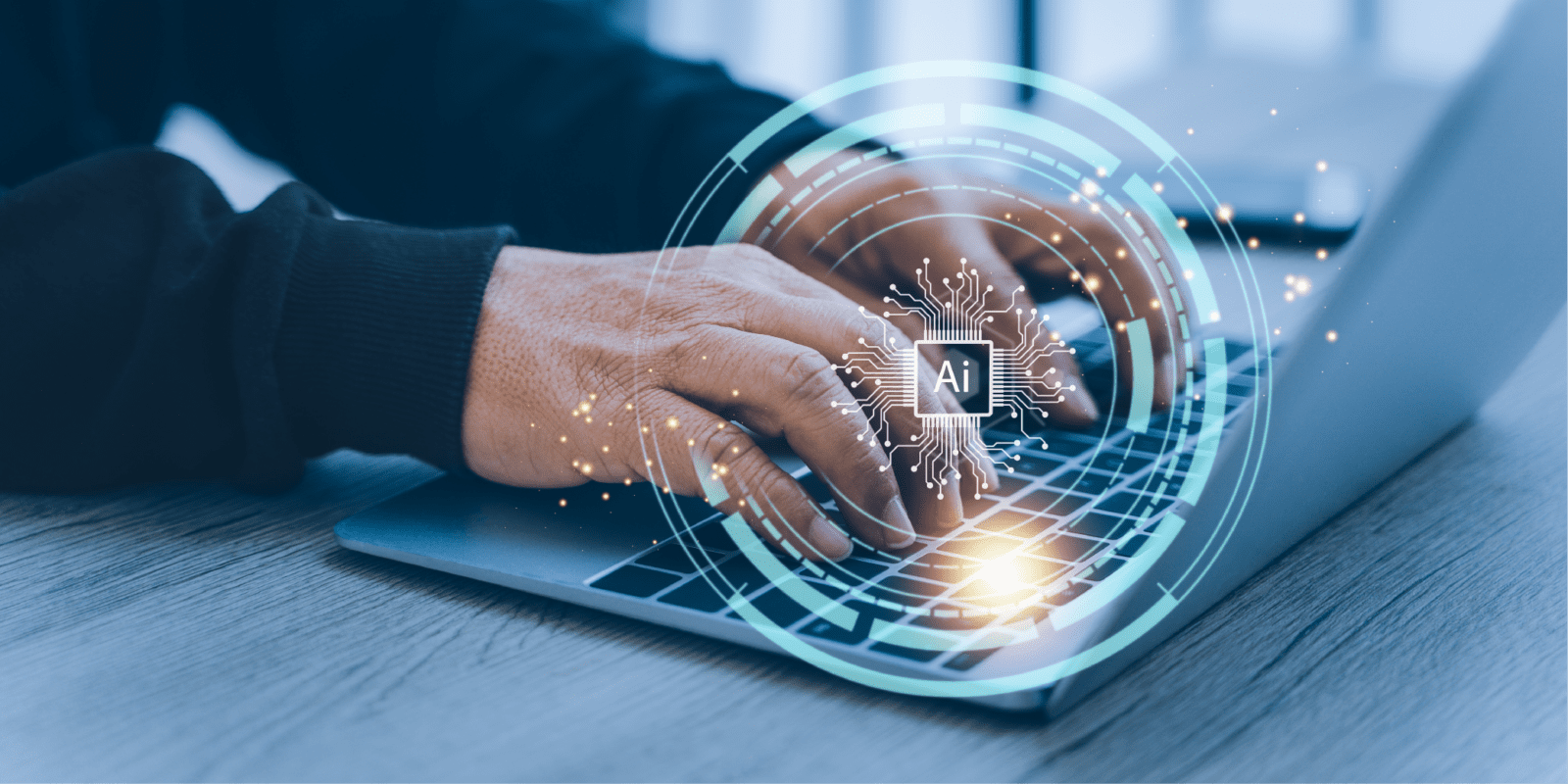Will AI Make Our Jobs More Creative?

Artificial intelligence (AI) tools aren’t going away any time soon—in fact, it’s likely that 30% of our workloads will soon be automated by AI, freeing up many of today’s workers to focus on more complex and creative work.
Is the future of work destined for dull monotony or a thrilling technological ride? This question resonating across boardrooms, college campuses, and all spaces in between.
AI has been around for a while—decades in fact. IBM’s Watson, Amazon’s Alexa, and even social media algorithms use artificial intelligence to create many of the experiences we’re familiar with today as consumers. But AI in the workplace is a relatively new concept, and it’s due in part to the evolution of generative AI—you know, that AI you’ve been hearing so much about in the media, like ChatGPT and Dall-e.
As generative AI tools become more mainstream, it begs the question: Will our work become more interesting and efficient?
AI Task Automation Will Take Workers Out of the Mundane
It’s Monday morning. You’re three hours into unpacking your email inbox, balancing three conflicting meetings, pulling a report out of five data sets for your boss… sound familiar?
Many of us face an absurd amount of administrative workload that eats into our time to focus on more important work, like analyzing the insights instead of reconciling spreadsheets. AI can do that, and in many cases it already is.
It’s possible that 30% of mundane tasks at work will be fully automated by 2030. Many of our Microsoft tools already have AI-powered efficiencies in place, like identifying focus time opportunities in our calendars or optimizing our inboxes to cut down on the noise.
But AI won’t replace humans in the workplace. But it can help us speed up many of the tasks that eat up a lot of our time. AI-powered task management tools are no longer just about listing to-do’s. They’re automation engines, granting us more time for creative problem-solving instead of shuffling papers.
AI Analysis is Your Decision-Making Co-Pilot
Remember the days when we relied on gut feelings for choices? AI is pivoting that paradigm, propelling us into an era of informed decisions. It’s Big Data meets Big Thinking, where predictive models light the path ahead with statistical certainty.
AI can sift through the digital equivalent of the Grand Canyon, extracting strategic insights to help guide our strategies, business decisions, and even our priorities. AI decision-making tools won’t replace human analysis, but they can certainly play an advisory role by helping us analyze infinite variables and serving up insightful analytics. Forecasting is a key piece of analysis, but it also requires complex data sets that even the most talented analysts can get lost in.
For example, we use AI in our call center technology as a co-pilot for our live advocates to build more efficiencies and take on the administrative burden. This benefits both those who are calling in and our live advocates in the call center with support like:
- Predictive phone menu prompts
- AI-generated case notes
- Sentiment analysis
- Document search and summarization for callers and advocates
This level of AI admin support reduced after-call work time for our advocates by over 50%, giving them more time back to support callers or digging into escalated issues. And for the callers? AI often helps them avoid having to wait to talk to a live rep altogether just by understanding why they’re calling in and helping connect them to the right information in the moment they need it.
With AI tools, more organizations have access to the business-equivalent of a digital crystal ball (except it’s way more accurate and professional). Predictive analytics align tactics with trends, giving companies a strategic edge. Today’s decisions are made not only in the now but with a calculated bet on the future.
AI-Powered Communication and Collaboration Tools Help Break Silos
In a world of siloed departments and isolated expertise, AI has helped us build bridges across teams, workflows, and even language barriers.
With real-time language translation and increasingly sophisticated virtual assistants, AI is flipping the script on communication. Misunderstandings will lessen, making more room for cross-functional collaboration.
Project management tools powered by AI now go way beyond deadline reminders or glorified online whiteboards. They help harmonize our teams with tools designed to connect and collaborate, breaking down barriers between teams and helping workplaces of all sizes stay on the same page.
AI is the Future of Healthier Workplaces
AI’s role in work efficiency is less about automating creativity and more about freeing us up to be more creative. Mundane tasks will be handled by AI tools, allowing us to be more strategic thinkers and creative problem-solvers.
Perhaps the better question is, how can AI and humans together redefine what it means to work—and enjoy it? The possibilities are infinite.
Curious about how AI is reshaping the future of work? Tune in to our AI episode on the Benefits Pulse to hear more about how AI is changing today’s workplaces. AI and the Future of Work
